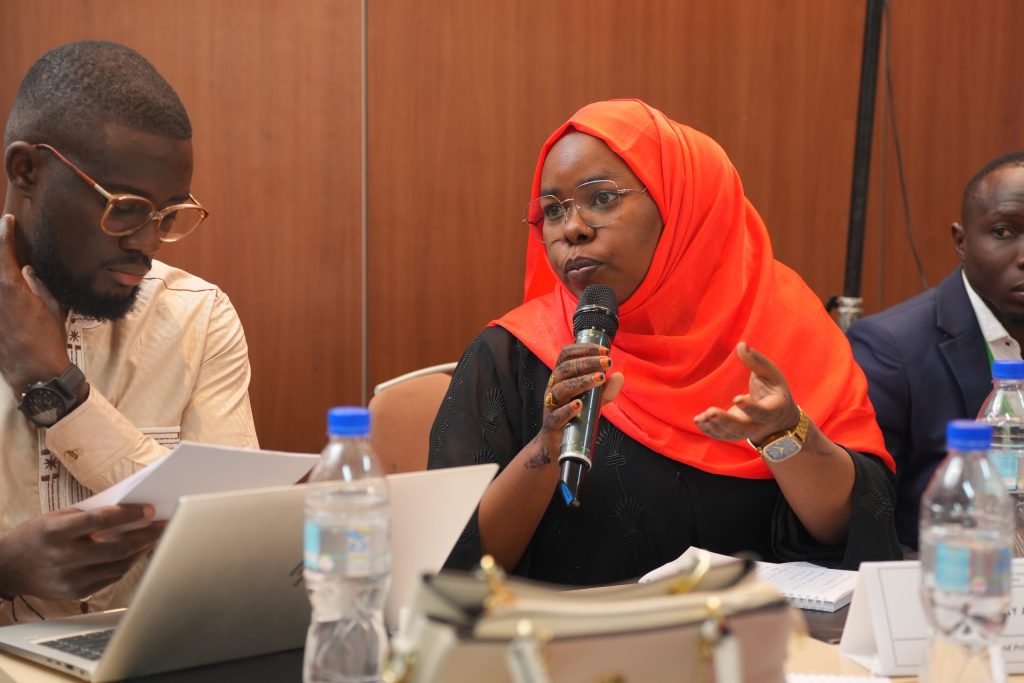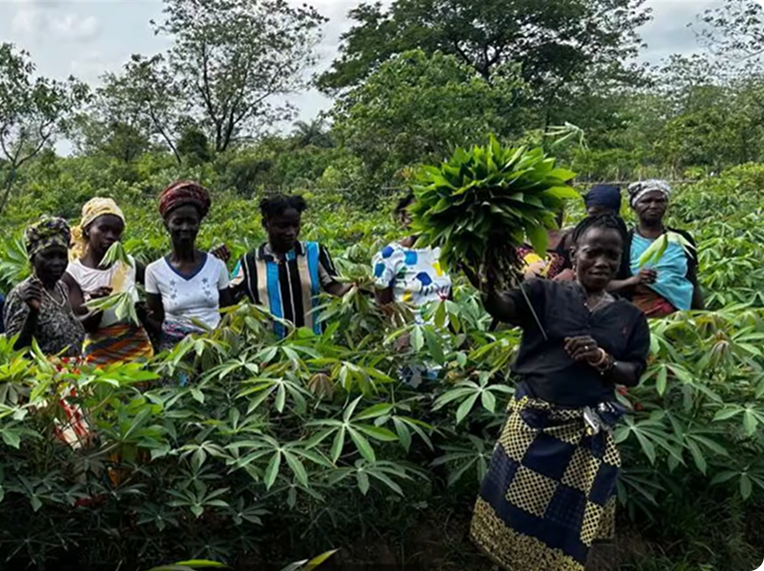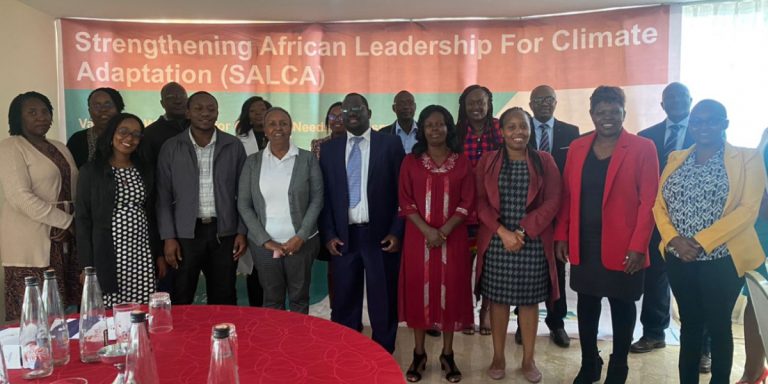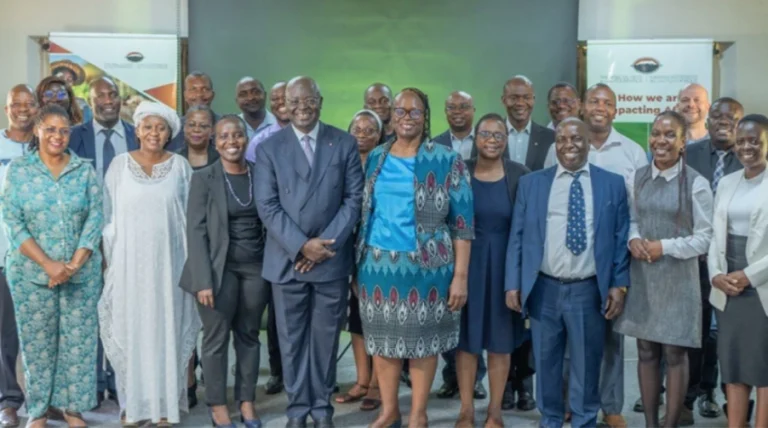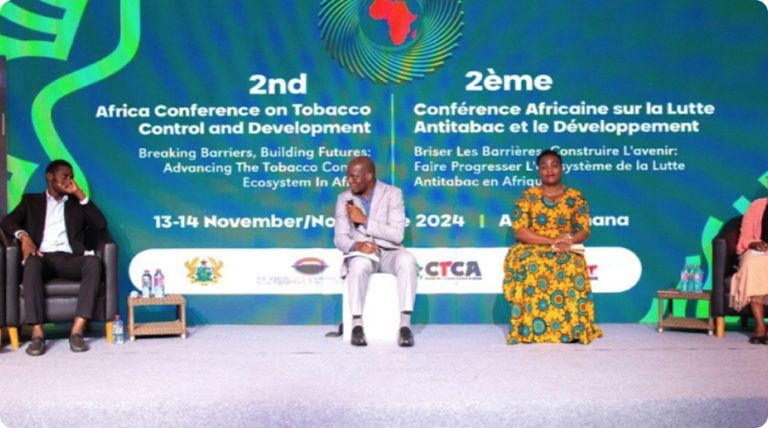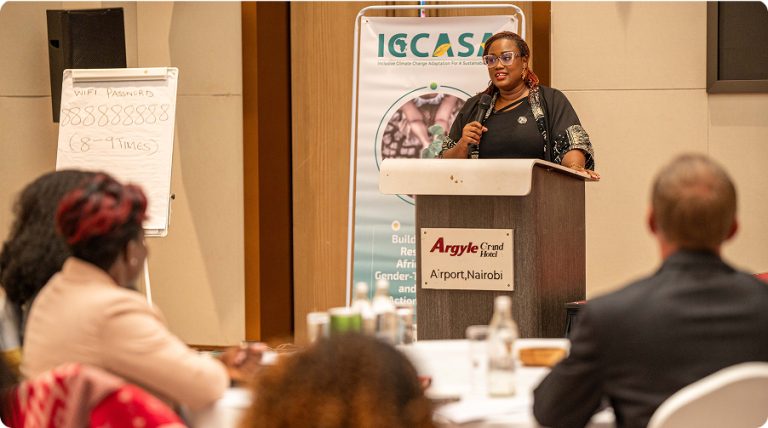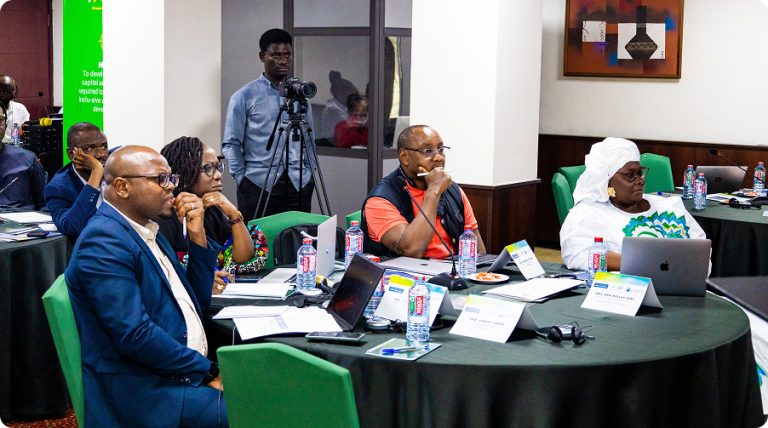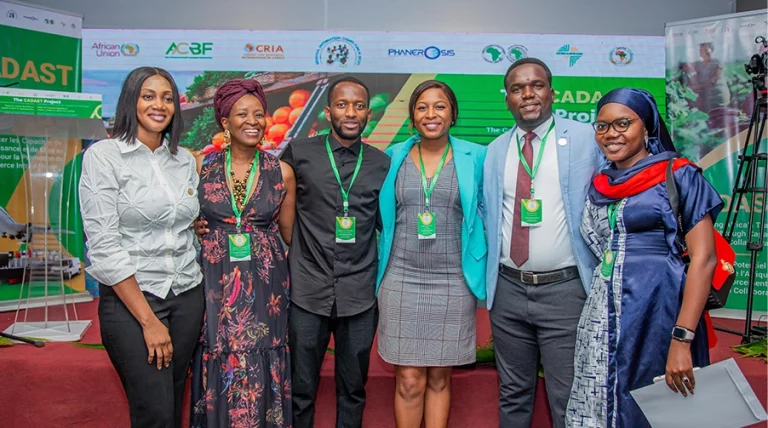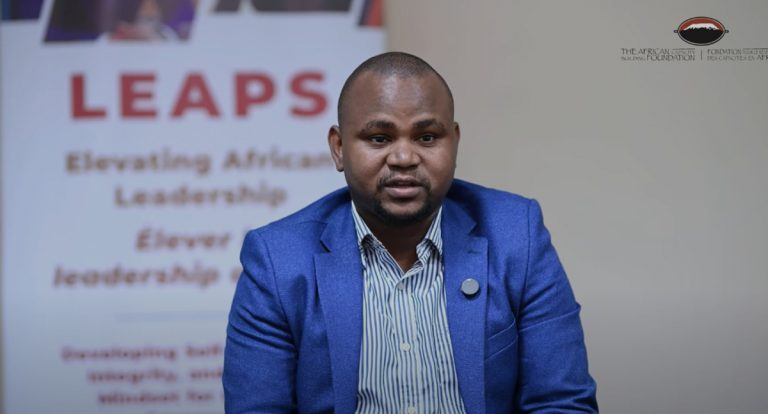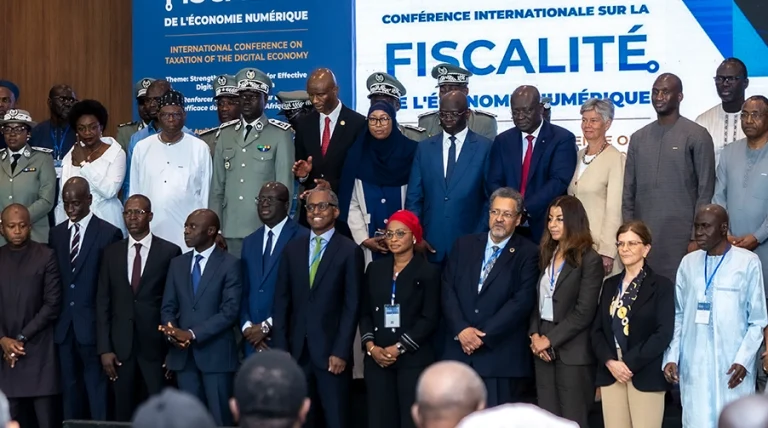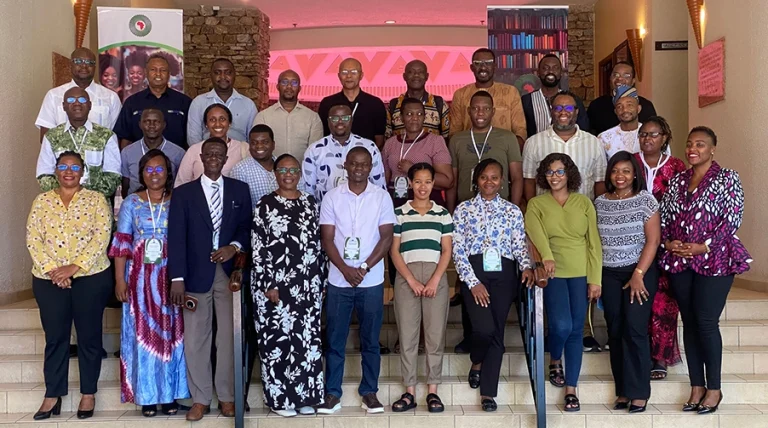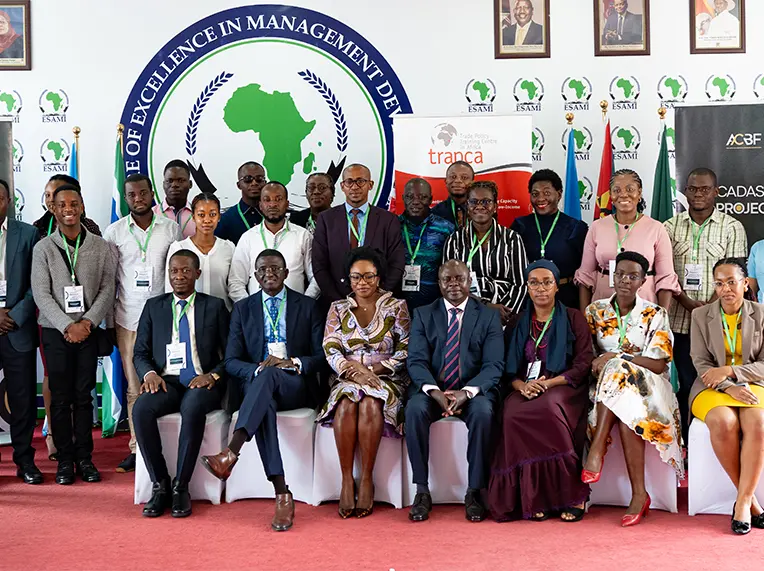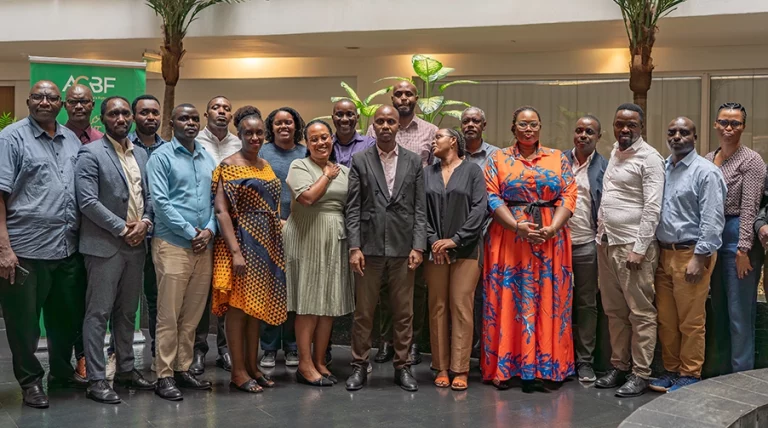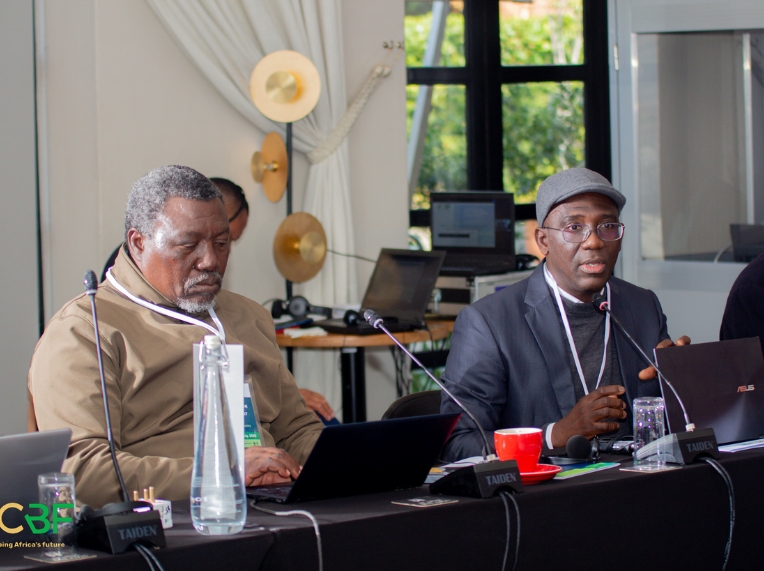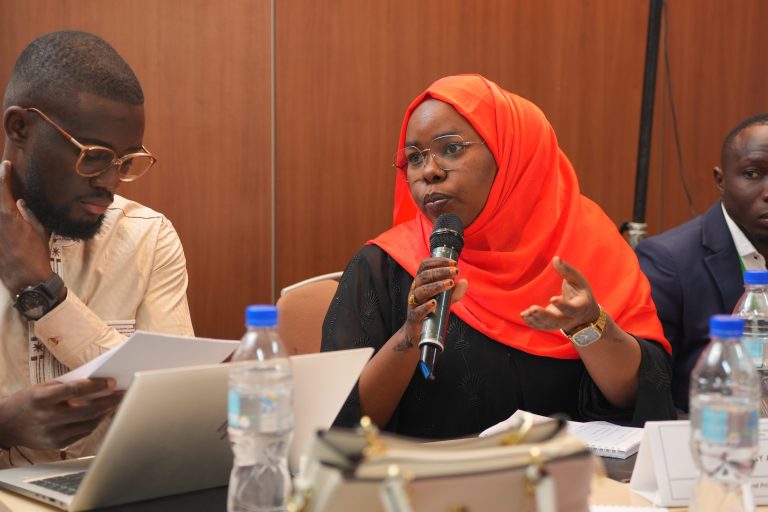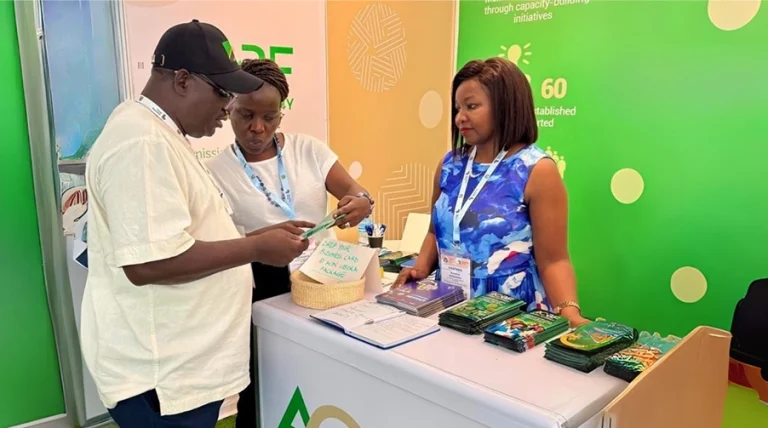The training, delivered in partnership with the International Organization of La Francophonie (OIF), brought together participants from 15 countries to develop practical skills for entrepreneurship in multilateral environments.
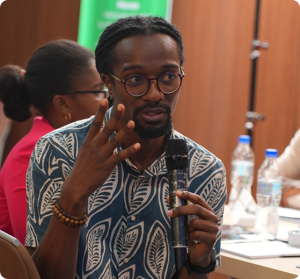
The participants, representing 15 countries including Benin, Cameroon, Chad, Central African Republic, Comoros, Congo, Democratic Republic of Congo, Côte d’Ivoire, Gabon, Guinea, Madagascar, Mauritania, São Tomé and Príncipe, Senegal, and Togo, attended the June 11-13 training on entrepreneurship in multilateral environments.
During the workshop, participants alternated between presentations, case studies, simulations, and group work. Teams designed concrete projects addressing challenges such as water access, girls’ education in conflict zones, and incubator network development.
Practical Application of the Training
Samuel Bwira Luhembo, a Finance Ministry official from the Democratic Republic of Congo, has begun applying agile project management principles in his local community. Regular feedback sessions with stakeholders allow him to better meet user expectations. Raïssa Nanan-Boua Kouadio, Partnership Officer, UNICEF Cote d’Ivoire, described the workshop as a turning point.
She participated in designing a water access project in Mauritania, which she called a moment of personal resonance. I returned animated by a deep conviction. I remembered why I chose this path” she said.
I returned animated by a deep conviction. I remembered why I chose this path,
This project reconnected me to the essence of my commitment. I rediscovered the deep meaning of what I want to bring to my country and the continent
Raïssa Nanan-Boua Kouadio
Partnership Officer, UNICEF Cote d’Ivoire
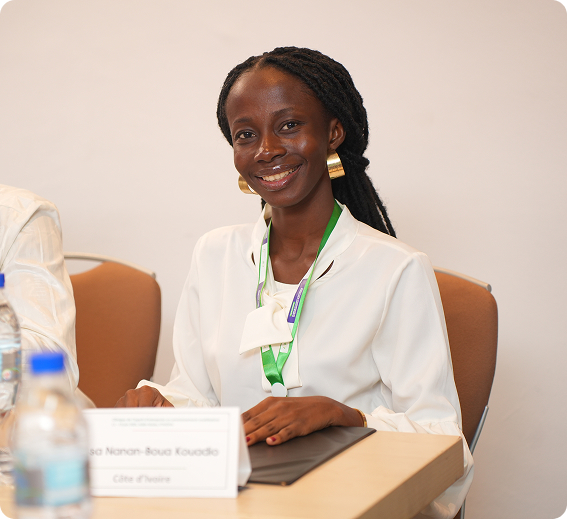
Bacar Nawiya, an artist and cultural association leader from Comoros, has reoriented her approach to entrepreneurial projects since returning home. She now elevates her initiatives to focus on social rather than lucrative objectives and applies leadership tools from the training.
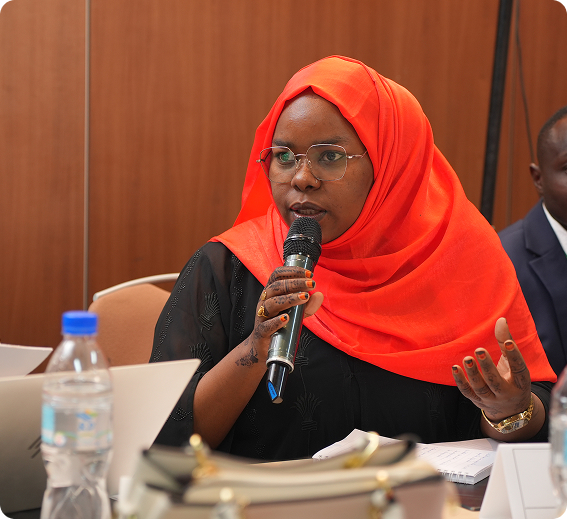
Since my return, I have tried to elevate my initiatives to another level, aiming for more social than lucrative objectives
At the level of my cultural association, I have a sharper vision of the actions to take to bring positive change within my country
Bacar Nawiya
Artist and cultural association leader from Comoros
Edna Abeghe Mezui, a legal assistant and trainer from Gabon, said the training helped her gain confidence to start entrepreneurial activities.
I understood that I could start where I was, even without being an expert
Edna Abeghe Mezui,
Legal assistant and trainer from Gabon
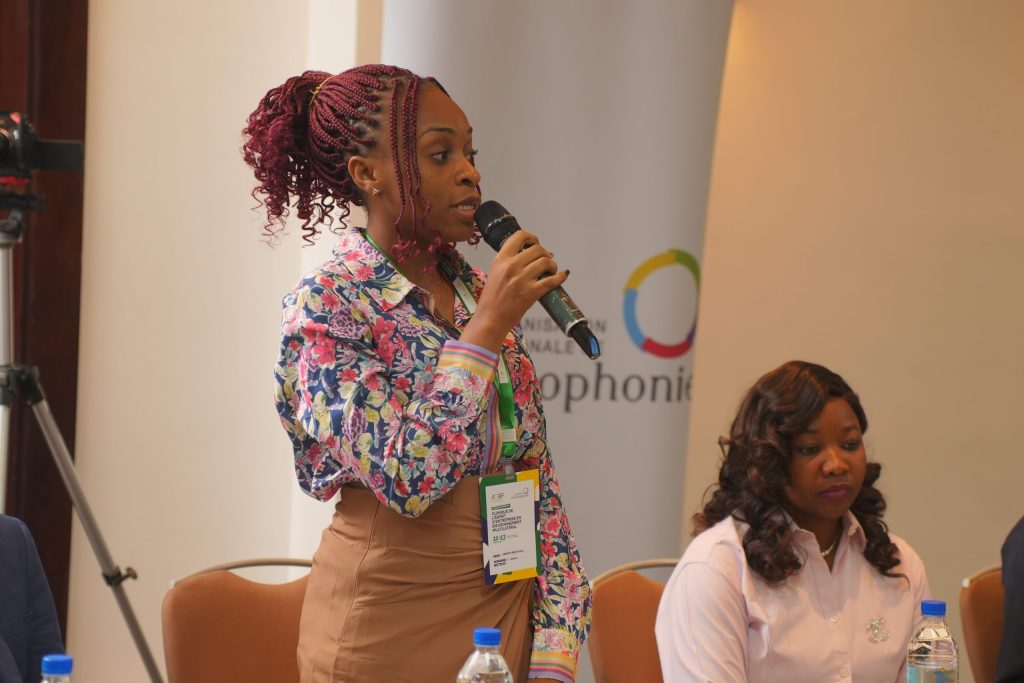
Teamwork and Collective Learning
Participants were divided into three groups to develop projects addressing concrete problems. Each team worked on realistic ideas while applying workshop tools including project management, negotiation and teamwork. The exercise enabled the immediate application of acquired skills within a collaborative, action-oriented framework.
Mezui recalled the pressure when her group had to prepare a project in one hour
What really struck me was this incredible teamwork that developed. Each person took charge of part of the project and together we managed to bring everything together to give life to our idea.
Edna Abeghe Mezui,
Luhembo said the collaborative approach taught during the workshop has transformed how he approaches his work in the Finance Ministry. The emphasis on teamwork and stakeholder engagement has become central to his project management style.
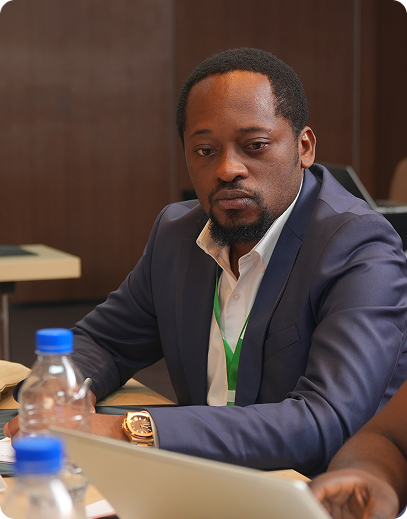
I now place greater importance on listening and adaptation
This training allowed me to completely rethink how I manage public projects. I no longer seek only to execute, but to co-build with beneficiaries
Samuel Bwira Luhembo
Finance Ministry official
Nawiya said she retained key collaborative elements even though country-specific challenges differ.
I don’t think I’ll implement the same project in my country because we don’t have the same problems to solve
In the way we conceived our group project, I retained quite a few tips to be able to implement other projects and approach partners.
Nawiya
For Kouadio, working with participants from different countries on the collaborative water access project design became a defining moment that reinforced her commitment to her development work.
This project reconnected me to the essence of my commitment,
I rediscovered the deep meaning of what I want to bring to my country and the continent.
Kouadio
Shift in Mindset and Future Vision
Since returning home, Mezui has reactivated her LinkedIn profile, participates in events for young professionals and explores opportunities in international organizations. She plans to move toward project management or strategic support.
The training fundamentally changed participants’ perspectives on entrepreneurship and community engagement. Nawiya now views entrepreneurship beyond profit generation.
Today I know that I don’t need to generate money to be an entrepreneur. If I create value of any kind, it’s a result, a problem solved
Nawiya
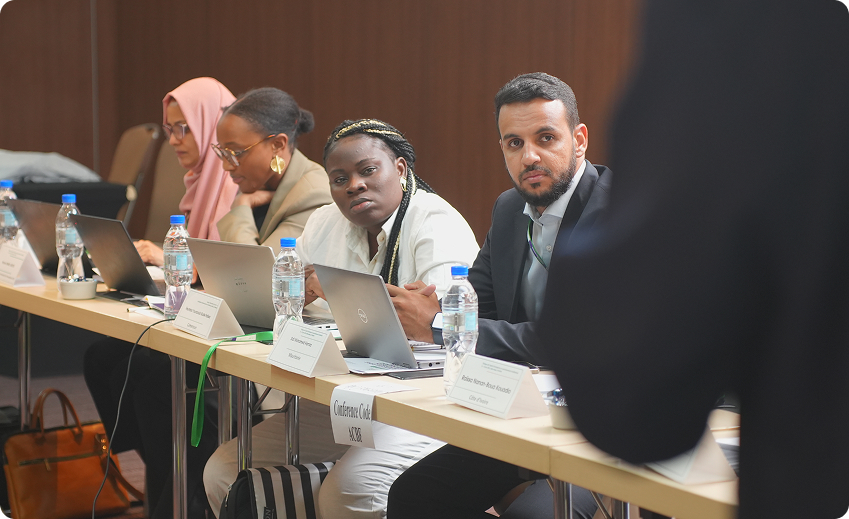
Kouadio wants the initiative expanded to reach more young professionals.
Offering this chance to other young people means bringing out vocations useful to the continent
Kouadio
Luhembo emphasizes the importance of follow-up and suggests creating sharing platforms so former participants can stay connected and implement their ideas.
We are the first cohort. This can become a nursery for concrete actions
Luhembo
Mezui added that francophone youth need continued guidance and resources.
We are ready to act if we are properly supported,
I want to go further, but I also need a mentoring framework, practical training and concrete support to structure my projects.
Luhembo
For ACBF and OIF, this training fits into a broader strategy of capacity building and fostering active engagement within the youth community The Addis Ababa experience demonstrates that targeted support can produce rapid and lasting results.
Partnership Officer, UNICEF Cote d’Ivoire
In these testimonial videos, participants shared insights on the value of the dialogue and lessons drawn from peer collaboration:

